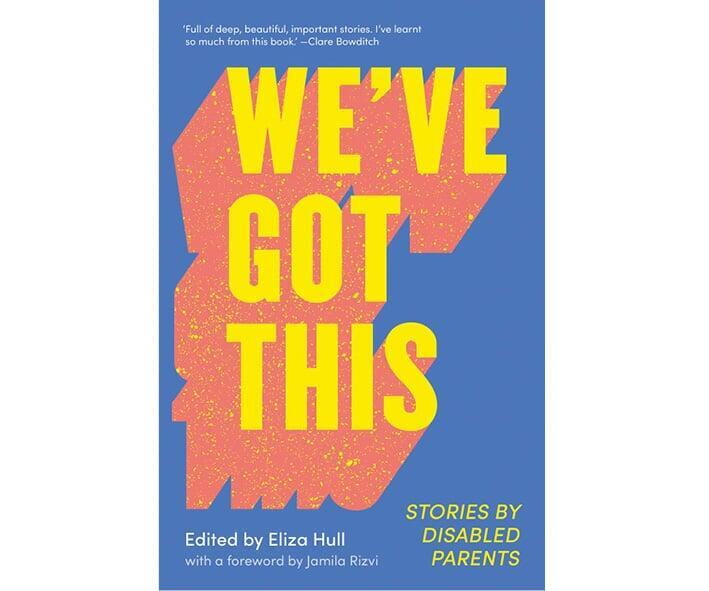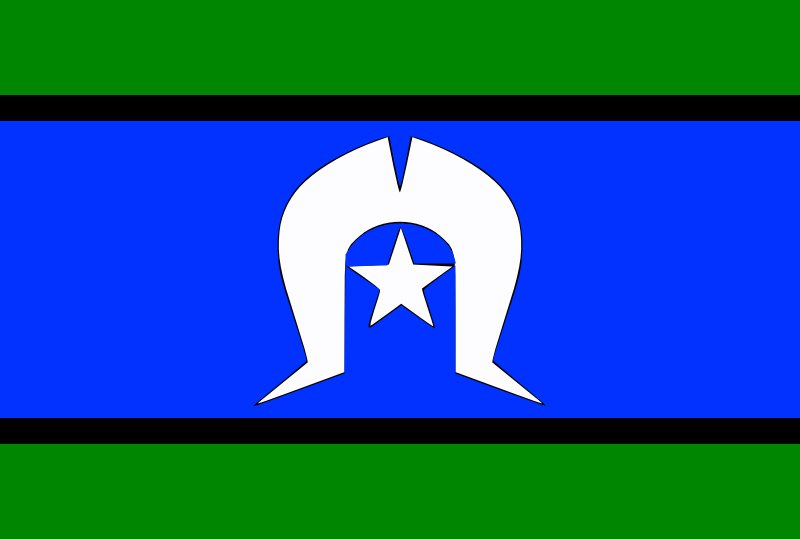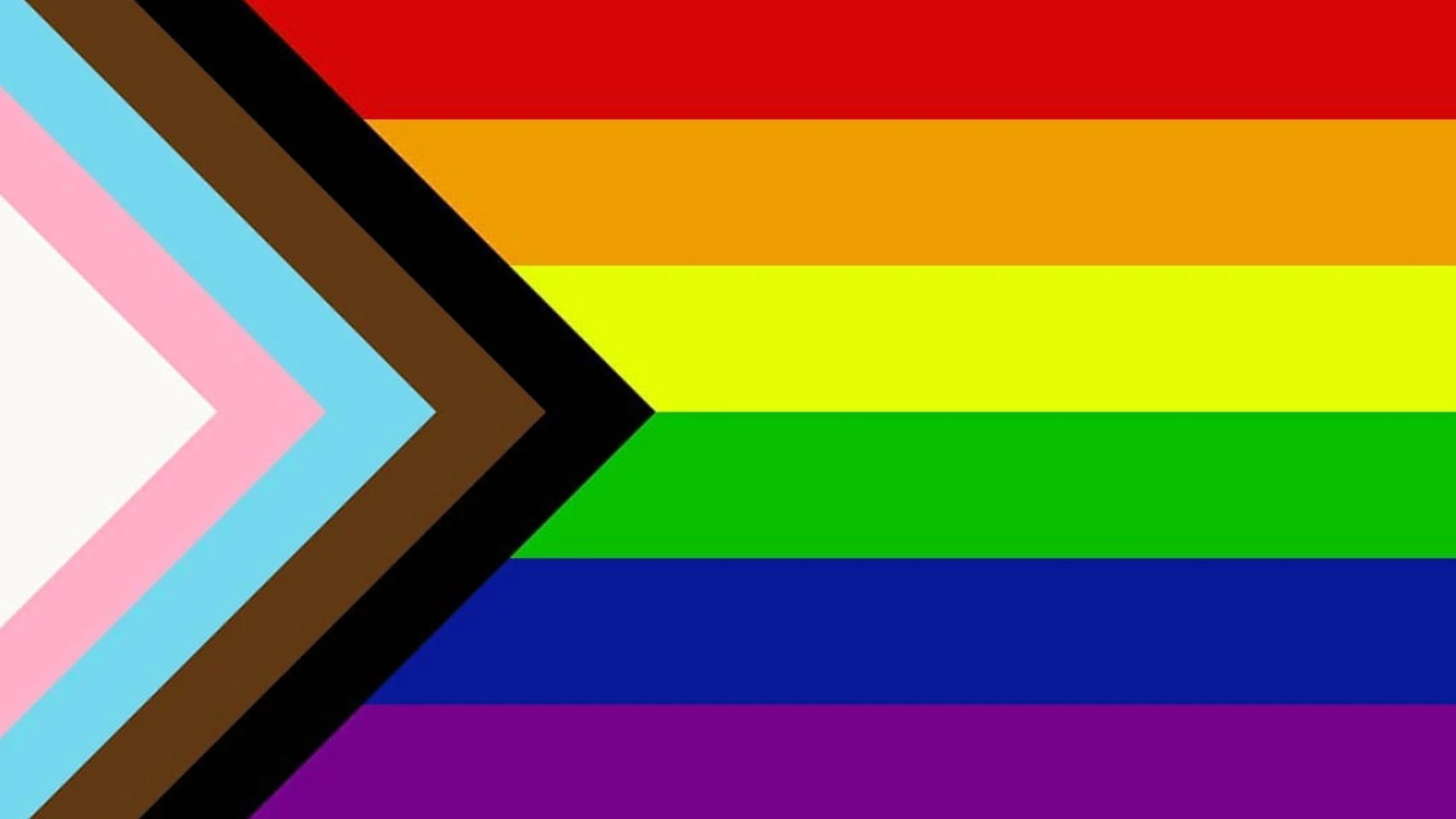Story by Hilary Ash
Parenting with a disability? Every step on this journey contains a unique story. Twenty-five stories, gathered from 20 years ago to the present, include heartbreakingly consistent narratives in this anthology, which arose from the highly successful We’ve Got This ABC podcast series (check it out!).
In editor Eliza Hull’s introduction, she recalls the prejudice medical professionals expressed regarding her own pregnancies, a common theme in these stories. Prejudice usually expresses fear and ignorance. A widespread, deep and unacknowledged belief that difference equals deficit means many medical professionals are simply unable to engage at all with disabled patients and are unable to meet them where they are.
Clinicians who focus on fixing, preventing, or making perceived imperfections go away, might, even today, enable non-consensual sterilisation.
Medical attitudes are but one aspect of battles which entail confrontations with fear, suspicion, and ignorance about disabilities, for kids and for parents. People we encounter often come out with strange, inappropriate remarks and behaviour. How can we respond? What can we teach children about all that? You think movies might help? Disabled parents barely figure. I could only think of Penguin Bloom.
In the face of prejudice people seek a safe inside crowd, and we all lose a richly varied broad community. And yet a person born with a disability who has suffered lifelong prejudice can hardly be blamed for seeking a sympathetic cohort.

Not surprisingly, many of the narrators in We’ve Got This open with political philosophical musings about disability before describing their parenting experiences. Several narrators report their additional daunting challenges including racism, homophobia, immigration, language barriers, and single parenthood. However, this book is certainly not all tales of woe! On the continuum from shame to acceptance, to pride in integrating life and disability, there is plenty of resistance and rebellion, courage and creativity.
If you are looking in particular to read about parents with SCI or similar acquired disabilities, they’re gathered towards the end of the book. For a woman with quadriplegia, childbirth can be life-threatening, especially when confronted with inattention, with ignorance about SCI, and with staff disbelieving danger signals.
Having survived childbirth, the absence of resources for quads with a baby makes inventiveness necessary, and it certainly helps to have a hands-on partner. Parents with severe physical disabilities will identify with writers frustrated they can’t get down and dirty with their littlies. A parent who later acquires a disability can look forward to a complex adaptation process for both parents and children.
I had a couple of niggles about the book. There are too few disabled fathers’ voices, although they surely have lots to tell. And I would have found an index helpful.
One shining aspect of these stories is that parenting experiences always offer us extraordinary learning about ourselves and about being in the world.
- June 23, 2022




